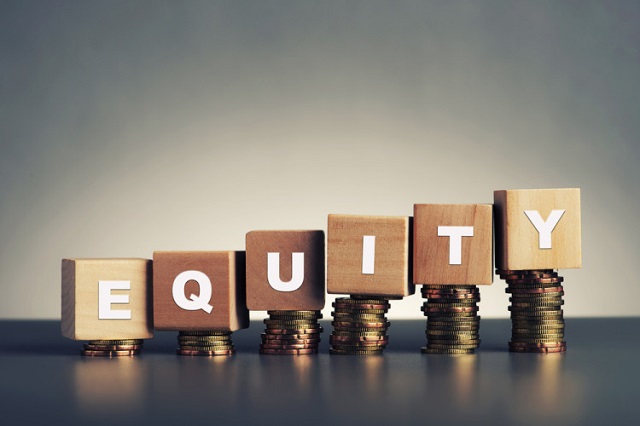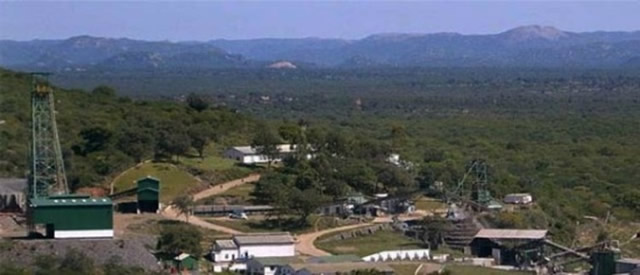Zimbabwe needs equity investors

Morris Mpala, MoB Capital Ltd
EMERGING markets like Africa and Zimbabwe in particular have been starved of Foreign Direct Investment (FDI). Whether it’s self inflicted or otherwise the fact remains the quantum of FDI is just too low and is a serious cause of concern.
In as much as we need FDI we need to be careful with the terms and conditions of the respective FDI as these could worsen our challenges. For once the perspective is not from an individual economic actor but the global economic outlook. As we know at times there is a conflict between country needs/aspirations and individual ones. On the grand scheme of things we look at the country.
Lease Agreements
These are dangerous in that they have no inward movement of cash. In instances where they come in as duty for goods (minimum to zero taxes), they are a drain on Government income. You pay your initial deposits, which is money out. You service your lease, which is money out again. This isn’t a smart way to kick start an investment under difficult conditions like our Zimbabwean scenario.
One can discover after the lease agreement that the asset is no longer yielding as much as one had anticipated what with the depreciation of some of these assets especially machinery. We accept lease agreements because we are broke and it forms an avenue to acquire capital goods without money.
Even where leasing involves the respective country assets, it doesn’t help much given such contracts involve the shipping of profits out of Zimbabwe. This further bleeds the economy and at this juncture that isn’t what Zimbabwe is looking for.
Zero rated grants
Let me not lie from a sense of selfishness, getting a grant as FDI is as ideal for Zimbabwe as I pen this piece. Regardless of whether the grants are to be returned or not my fear is that this breeds laziness, sense of entitlement, creates labels, stereotypes the country, loss of accountability and responsibility and increases profiling, which strategically isn’t good. Once such a gluttonous culture is cultivated then it’s difficult to come out of it and once cemented it’s a recipe for disaster. Even for grants that we might have to pay back later, it gives that charitable case tag, which is emotionally and morally taxing to our economic souls. At times these come with strings attached to them and it might lead to unholy alliances.
Debt Financing
This is a no brainer. At the present moment debt financing is usurious in nature. The cost of funding is just not favourable due to numerous risks associated with our beloved Zimbabwe. Our ability to attract FDI is at its lowest and such funds are coming in at high cost. If we allow debt funding just imagine the conditions instigated on our repayment terms, there will be deluge like cash outwards. This chokes the country in a big way and might leave it worse off if not managed in a smart manner. It’s a marathon when funded like this as you don’t have time to breathe and it becomes a vicious cycle and it could lead to mortgage country assets, which could be suicidal to future generations.
Equity Funding
Given a choice or if we had that luxury to select ways to funding projects, equity funding would be the way to go. This is ideal for Zimbabwe during the challenges we are facing. This could even include remittances by Zimbabwean Diaspora. It takes away the pressure that comes with other sources of investment. It is a kind of calm and serenity in as far as demand is concerned. It allows gradual growth in invested projects. It’s not financial mercenary in nature. With the expertise that the investment brings that exchange enriches local economic actors in business acumen. All parties learn from each other and allow only health profits to be expatriated when projects are having good cash flows. Given its not short term in nature it fosters strategic thinking. It keeps funding costs at minimum levels as required by the prevailing environment.
Equity funding preserves scarce financial resources and critical human resources as projects grow gradually in a sustainable manner.
In a way it’s a less stressing way of funding for Zimbabwe and cultivates accountability/responsibility to some extent (though debatable).
Suffice to say for Zimbabwe to attract such critical, relevant investments it needs to be sexy to potential investors. It needs all the vital statistics (fundamentals) to be on point because potential investors are chasing too many destinations. It’s still a suitors’ market given that not so many countries are cash rich after the global crises a decade ago.
Investments go where they are acceptable and acceptance is a relative social financial agreement based on the financial gains.
The future lies in Zimbabwe and Africa as a whole in harnessing its local resources (human, financial, mineral et al) and leveraging these for their economic emancipation to increase financial hygiene. Prior to that the self-financing model has to be perfected and implemented to the maximum.
Unfortunately FDI is the route to pursue and has to be done in a smart aggressive way.
IF YOU LIVE IN BYO PLEASE CONSERVE WATER
IF YOU LIVE IN ZIMBABWE PLEASE USE ELECTRICITY SPARINGLY: SOS (SWITCH OFF SWITCHES)
IF YOU LIVE ON PLANET EARTH PLEASE PRESERVE THE ENVIRONMENT
Morris Mpala is the managing director for MoB Capital Limited, a Bulawayo-based micro-finance institution with footprint across the country.










Comments